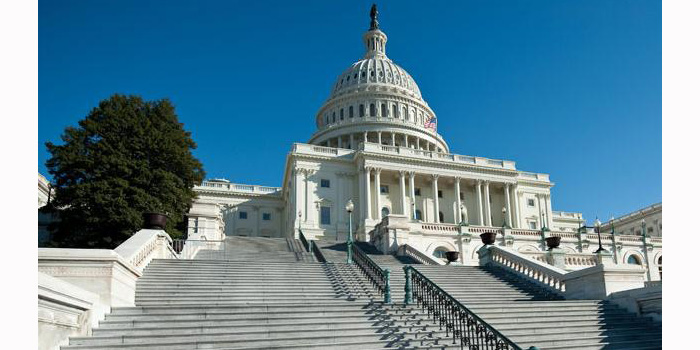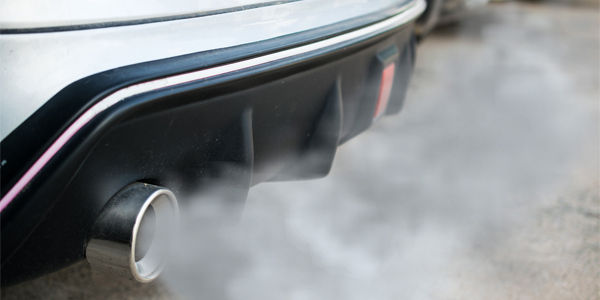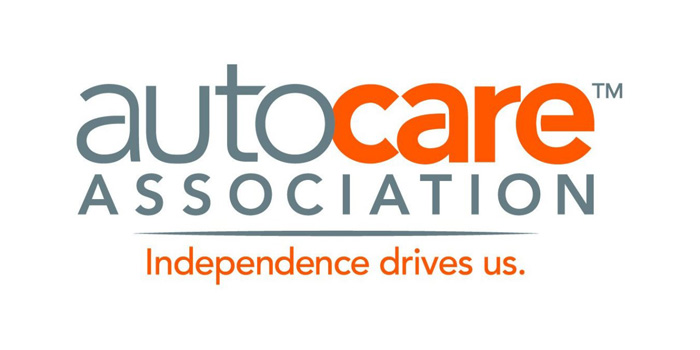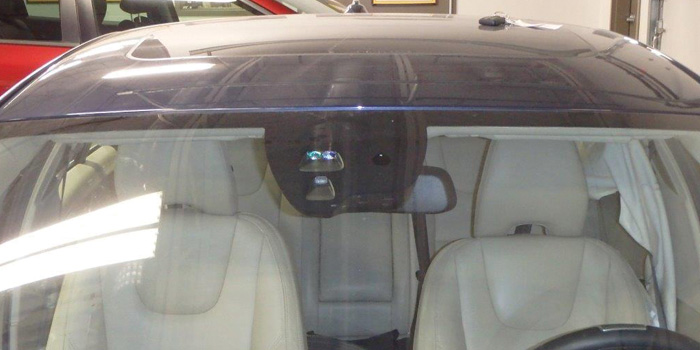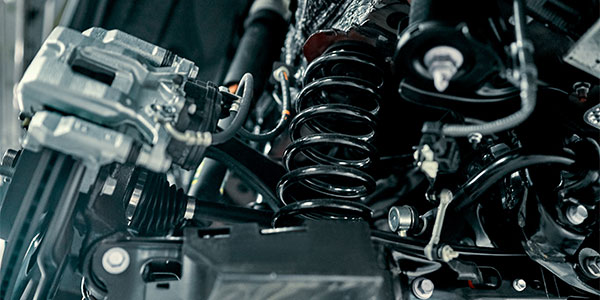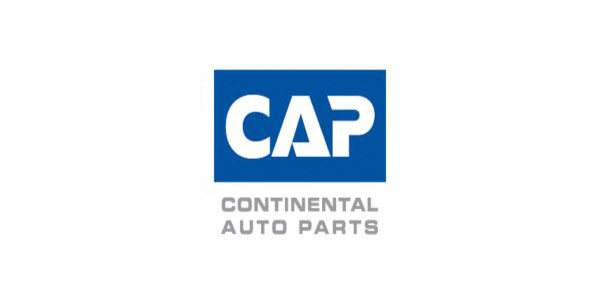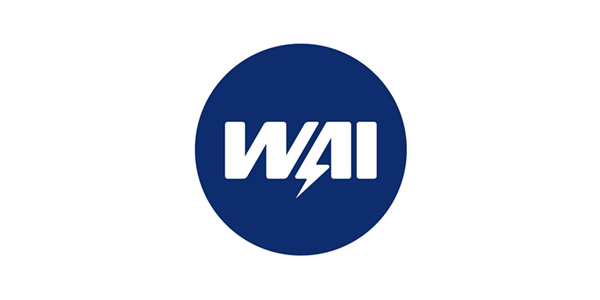On Feb. 5, 2021, the Automotive Body Parts Association (ABPA) submitted opposition to Washington House Bill 1428 – a bill that would establish a restriction against the use of alternative parts including aftermarket, recycled, remanufactured and refurbished parts when OEM repair procedures are mandated.
The letter the ABPA wrote to the Washington House of Representatives is as follows:
The Automotive Body Parts Association (ABPA) respectfully opposes the current language within HB 1428 which is scheduled for a virtual hearing before the House Consumer Protection and Business Committee on Monday, February 8 at 1:30 p.m. PST. As currently written, HB 1428 would establish a restriction against the use of alternative parts including aftermarket, recycled, remanufactured and refurbished parts when OEM repair procedures are mandated.
Who We Are – With more than 160 member companies, the Automotive Body Parts Association (ABPA) occupies over 400 distinctive locations including collision parts distribution centers, manufacturing facilities and parts recycling plants. ABPA’s members are responsible for distributing more than 80% of the independently produced aftermarket crash replacement parts sold to the collision repair trade. The ABPA represents many of our members who have a presence in Washington including LKQ Corp., A Star Distributing, KSI Trading Corp., GP Automotive Parts, Diamond Standard Parts, Meyer Distributing and Performance Radiator.
Why We Oppose HB 1428
The ABPA is against any repair procedure that encourages monopolistic behavior that would solely benefit the OEM manufacturer as this would further burden the consumer.
HB 1428 would not achieve its goal as consumers would be adversely affected should they be limited to having their vehicles repaired only with car company branded parts as stated in OEM repair procedures.
Consumers will be paying more out of their wallets. Without the presence of aftermarket parts, the car companies have no incentive to keep their pricing in check without competition. Studies have shown that by just having an aftermarket part available in the marketplace, the car companies will lower their list pricing by as much as 8%, if not more. Furthermore, aftermarket parts are typically priced anywhere between 25-60% less than the car company branded parts.
The car companies and other proponents of these self-serving repair procedures will often cite safety concerns with aftermarket parts. The National Highway Traffic Safety Administration (NHTSA), the federal agency that oversees transportation matters, has concluded that aftermarket parts are cosmetic in nature and do not affect vehicle safety. The Insurance Institute of Highway Safety (IIHS) has come to similar conclusions on the safety of aftermarket parts after years of crash testing. They have also stated that the only major difference between aftermarket parts and car company parts is the high price variance. Meanwhile, the car companies have been under scrutiny over the past few years with the increased amount of safety recalls they have had to administer due to the faultiness of their own parts.
Best Regards,
Edward Salamy
Executive Director
Automotive Body Parts Association



